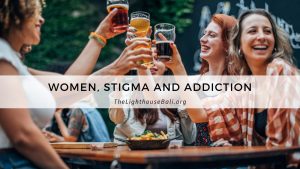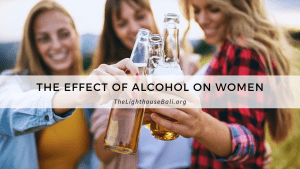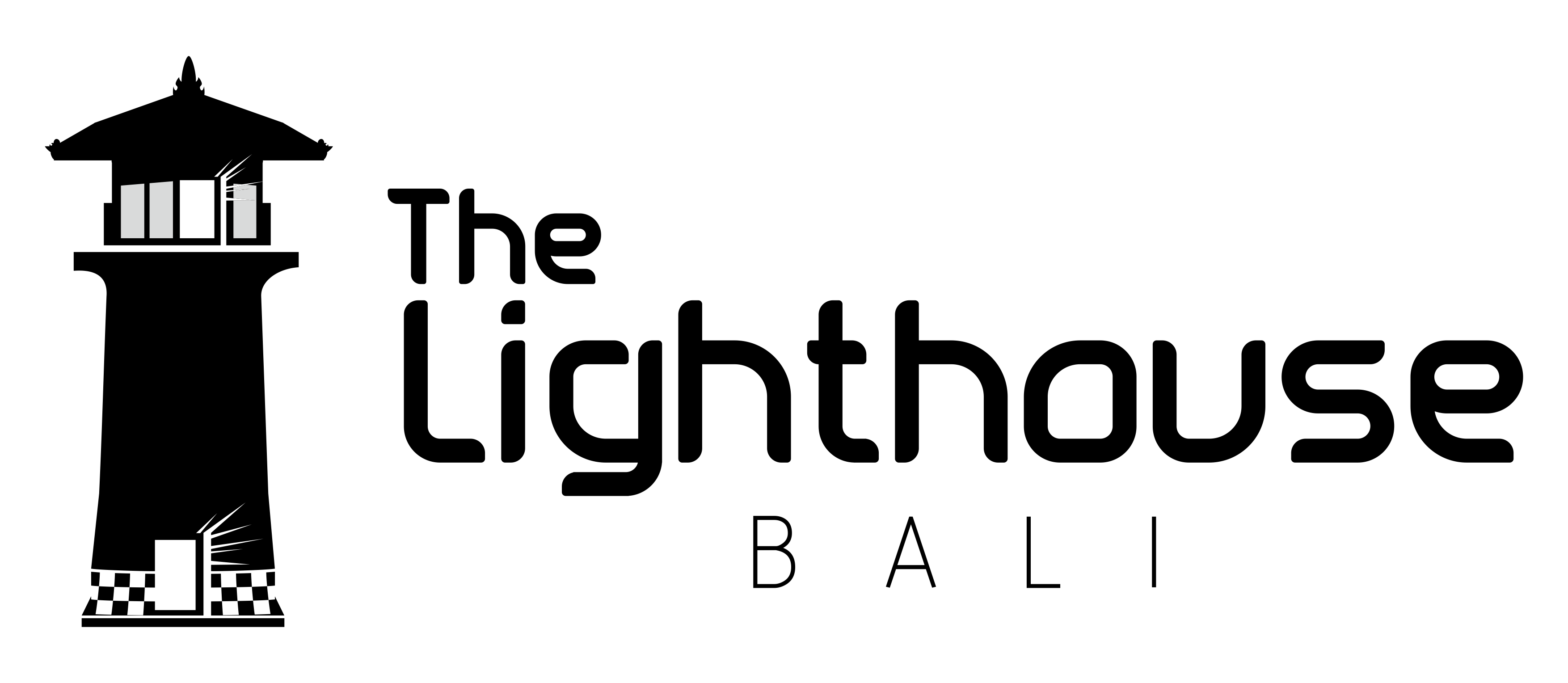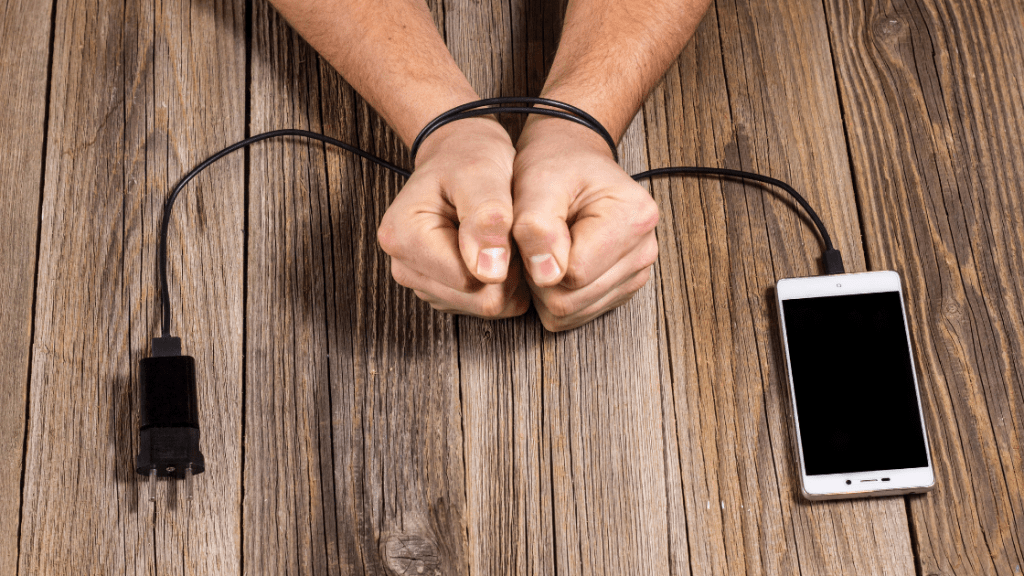
There are some who believe that addictive personalities are likely to remain addictive, regardless of previous challenges and successes. This is not the case; however, substituting addictions can present key challenges.
What does substituting addictions mean?
When someone replaces one type of addiction with another, it’s often called addiction replacement or a substitute addiction. To explain this phenomenon, several studies have demonstrated that a vast array of substance and behavioural addictions may serve similar functions such as relaxation, overstimulation or escape. Moreover, addictions tend to desensitize the reward system.
The dopamine-deprived brain, in the early phase of sobriety, will find compensation in euphoria-generating activities and could transfer its past addictive behaviours to new negative habits such as gambling, binge eating, sex addiction, shopping, compulsive exercise, Internet-based dependencies or workaholism.
Although substitute addictions can emerge during or after the treatment process for the original addiction, it can be a frequent occurrence during recovery – at any stage.
Some forms of substitute addictions might seem tempting because they seem less harmful, like compulsive shopping, exercise or eating. However, an addict may not only crave a substance – they may also be trying to fill an emotional need, dull inner pain or avoid dealing with important personal issues. It’s these deeper issues that need addressing rather than concealing through substitution.
How to detect substitute addictions?
Substitute addictions share much of the same characteristics as the original one. Two important questions to consider are, is the behaviour compulsive and is it out of control?
Here are some of the characteristics to consider when assessing whether or not a case of substitute addiction is developing.
Is the behaviour, activity or substance:
- A quick source of relief when bursts of emotional pain and anxiety occur?
- Becoming the new way to feel instant gratification or a “high”?
- A “must” part of the daily routine?
- Significantly taking away from time usually devoted to family and responsibilities?
- Being pursued even if negative consequences add up, such as isolation, financial problems, physical or mental health issues, and deteriorating relationships?
Any positive answers to the above questions may be cause for concern.
Is there such a thing as a positive substitute addiction?
What if the substitute addiction involves a positive activity such as exercise? Does it become a positive substitute addiction? Although less harmful, if performed compulsively, the new addictive habit will fuel up an addictive personality all the same. It will continue to diminish self-control and one’s sensitivity for dopamine.
As a result, the addicted person will become even more vulnerable for additional addictions and relapse. Any type of addiction substitution should be treated seriously.
It’s important though to distinguish between addiction and habits or hobbies. Activities such as reading a novel, gardening, or playing a musical instrument tend not to lead to destructive addictive patterns of behaviour.
Three primary characteristics can define a behaviour as not likely to become addictive:
- If a behaviour is consistent in flow and lends to a slower pace of life, such as gardening.
- If a behaviour involves deliberate, step-by-step planning and processing of information.
- If a behaviour leads to longer term gains rather than short-term, hedonistic gains that, over time, lead to relative losses.
The Dangers of Trading One Addiction for Another
Substituting one addiction for another can be dangerous to a person’s health, finances, and overall well-being. While substance abuse often comes with serious negative consequences, other addictions can be just as harmful. It can lead to unhealthy coping strategies as well as a series of secondary problems depending on the new vice.
Even if the new addiction is a healthy habit, trading one addiction for another is still harmful. Too much of anything can lead to problems. It could eventually lead you back to your primary substance abuse as well because the underlying root causes of your addiction are still there.
Common Substitute Addictions
While replacement addictions can be just about anything, some common examples of recovering addicts or alcoholics trading one addiction for another may include a new addiction to:
- Exercising
- Gambling / overspending
- Eating
- Work
- Sex or porn
- Religion
- Alcohol (for former drug addicts)
- Internet activities
How to prevent or avoid substitute addiction?
One of the best ways to prevent substitute addictions is to connect through positive networking and healthy activities. This also explains why those who align with 12-step programs that connect to peers in recovery and a form of spiritually have high success rates.
Developing a reliance on a Higher Power may provide a means to maintain relatively optimal dopamine turnover in the brain’s reward system after terminating a drug abuse. This is critical, given evidence that there is low dopamine production both early and late in the abstinence process, which can persist if untreated.
How to recover from substitute addiction?
Most often, an underlying issue attracts the addictive behaviour so it can act as a coping mechanism. The issue can be, for example, an anxiety-generating situation, an unfinished grieving process or it can be linked to a past traumatic event. Identifying and uncovering these issues and trying to heal them will contribute to the recovery process and help to prevent new addictions from developing.
Professional help is strongly advised for dealing with these deeper issues. Some of the most effective methods of treatment include counselling and actively engaging in cognitive behavioural exercises. The trauma retreats offered by The Lighthouse Bali can be tailormade to include these, as well as other relevant modules according to the individual’s needs and preferences.
Upon completion of professional care, ongoing attendance at 12-step meetings can help to keep those in recovery on track. There are 12 step programs available for: gambling, alcohol, sex, eating and relationship/co-dependency issues.
Next Steps
If you fear that you may be replacing one addiction for another, reach out for help. It is important to face this new addiction head on before it too spins out of control or you find yourself falling back into bad habits.
To talk to one of our team members, contact us on WhatsApp or by Phone. Alternatively, send us an email and we will either answer your questions in writing or call you back, according to your preference – contact us.
We understand how difficult it can be to reach out for help but it’s the first step towards a happier, healthier way of living.
Learn More

CREA 2023 Awards
The esteemed CREA Award is proudly presented to Dr. Julia A. Andre by the Brainz Magazine Selection Committee, acknowledging her remarkable contributions to the field of trauma therapy and mental health…

Women and the Stigma of Addiction
Why is the stigma of addiction so much stronger against women than men? Read more here…

Effects of Alcohol on the Female Body
Drinking alcohol is common in men and women but did you know that the effects of alcohol differ between genders?







